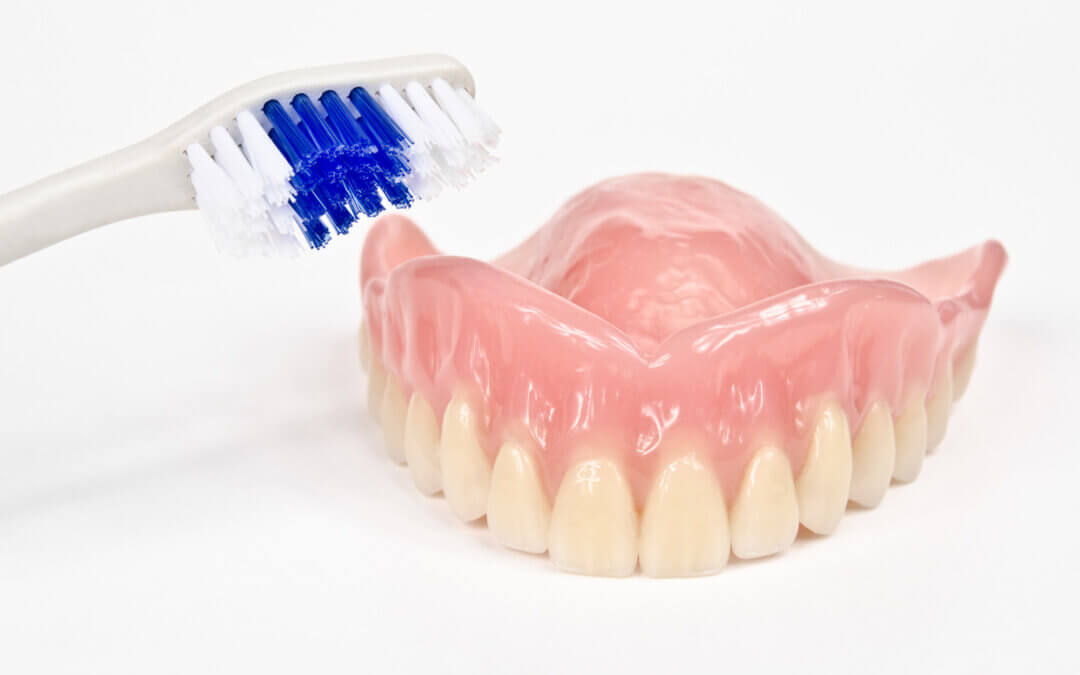Millions of Americans lose their teeth during their older years. A large percentage of these individuals decide to invest in dentures. In fact, one in every five individuals is likely to have dentures.
Dentures are dental appliances that are used to replace missing teeth.
They are a popular solution for people who have lost some or all of their teeth due to injury, disease, or age. There are different types of dentures available, each with its own set of benefits and drawbacks.
If you’re thinking of getting dentures sometime in the near future, you’ll want to get familiar with the many types of dentures out there. What are the options you have to choose from when it comes to this kind of functional and cosmetic dentistry?
Read on and we’ll walk you through what you need to know.
Complete Dentures
Full dentures are the most common type of denture and are used to replace an entire set of teeth on either the upper or lower jaw. They are typically made of acrylic resin and are custom-fitted to the shape of the patient’s mouth.
Full dentures can be held in place using adhesives or by suction against the gums.
There are two types of full dentures: conventional and immediate. Conventional full dentures are made after the teeth have been removed and the gums have healed.
This process can take several months, during which time the patient will be without teeth.
Immediate full dentures, on the other hand, are made in advance and can be placed in the patient’s mouth immediately after the teeth have been extracted.
However, these dentures may require adjustments as the gums heal and shrink. Having a Versailles family dentist who can check on you every so often will be essential.
Partial Dentures
Partial dentures are used to replace one or more missing teeth and are typically made of a combination of acrylic resin and metal.
They are held in place using metal clasps that attach to the remaining teeth. Partial dentures are removable and can be easily cleaned.
There are several types of partial dentures, including acrylic, cast metal, and flexible. Acrylic partial dentures are the most affordable and are made entirely of acrylic resin.
Cast metal partial dentures are more durable and are made of a metal framework with acrylic resin teeth and gums.
Flexible partial dentures are made of a flexible resin material that bends to fit the shape of the patient’s mouth.
A partial denture is more of a form of dental bonding than it is dentures in the most traditional sense, and often takes the form of thin veneers.
Implant-Supported Dentures
Implant-supported dentures are a more permanent solution to tooth loss.
They are attached to dental implants, which are surgically placed into the jawbone. The implants serve as a stable base for the dentures, which can be snapped on and off as needed.
Implant-supported dentures provide a more natural look and feel than traditional dentures and are less likely to slip or slide out of place. They provide many benefits for a patient.
There are two types of implant-supported dentures: bar-retained and ball-retained.
Bar-retained dentures use a thin metal bar that is attached to the implants and runs along the gum line. The denture then clips onto the bar for support. Ball-retained dentures use a ball-and-socket mechanism to attach the denture to the implants.
If you need this type of denture, it’s important to speak to a Versailles dentist near you.
Overdentures
Overdentures are similar to implant-supported dentures, but instead of attaching to implants, they are held in place using the remaining natural teeth.
Overdentures can be a good option for patients who have some healthy teeth remaining but require additional support for their dentures.
There are two types of overdentures: tooth-supported and implant-supported. Tooth-supported overdentures use the remaining natural teeth as anchors for the denture.
Implant-supported overdentures use dental implants as anchors for the denture.
If you visit a Versailles family dentistry, they can advise you more on whether or not overdentures would be the right fit for you.
Immediate Dentures
Immediate dentures are placed immediately after a patient’s teeth have been extracted.
This type of denture can be a good option for patients who do not want to be without teeth while waiting for their gums to heal.
However, it is important to note that immediate dentures are typically considered a temporary solution and will need to be replaced with a more permanent option once the gums have fully healed.
This is because the shape of the gums can change as they heal, which can cause the immediate dentures to become loose or uncomfortable over time.
Understanding the Types of Dentures
“What type of denture can I find at a dentist near me?”
This is a question that many patients have to face, but luckily, it doesn’t take too much effort to familiar with the medical options that may be available to you.
There are several types of dentures available to replace missing teeth. These include all of the above: complete dentures, partial dentures, implant-supported dentures, and overdentures.
Each type of denture has its own unique benefits and drawbacks, so it is important to consult with a dental professional to determine which type of denture is best suited for your needs.
With the right denture, you can restore your smile and improve your overall oral health and quality of life. Need immediate help? Give us a call anytime for more assistance.

